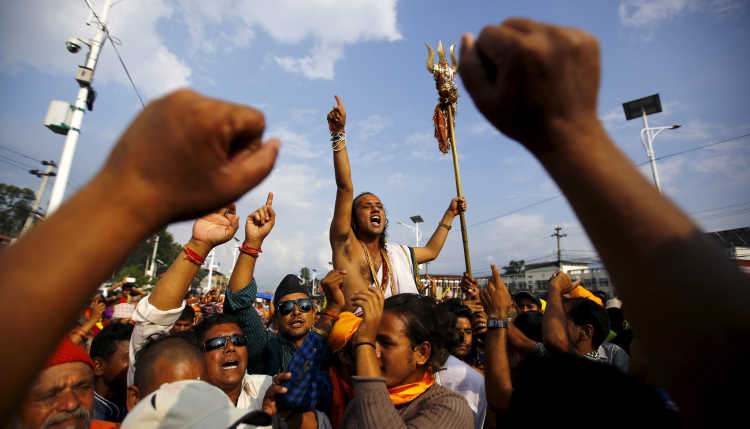- Home
- Publications
- GIGA Working Papers
- The Politics of Institutional Reform and Post-Conflict Violence in Nepal
Julia Strasheim
The Politics of Institutional Reform and Post-Conflict Violence in Nepal
GIGA Working Papers | 2017
Regional Institutes
Research Programmes
Series
GIGA Working Papers
Series Number
296
Number of Pages
23
Publisher
German Institute for Global and Area Studies (GIGA)
Location
Hamburg

Abstract
How does the reform of state institutions shape prospects for peace after war? Existing research on the institutional causes of peace focuses on how institutional designs, as the outcomes of reform processes, reduce post‐conflict violence and promote peace. The literature does not, however, adequately address how the politics that characterise reform processes affect the legitimacy of institutions and whether or not violent protest against these institutions ultimately takes place. This focus risks omitting key explanations of how institutional reforms contribute to peace and the mechanisms by which this occurs. By examining the case of Nepal, where clashes between protesters and security forces killed almost 60 people between August 2015 and January 2016, this study shows that emotional rhetoric, elite control of decision‐making, backtracking on previous commitments, the acceleration of reform processes, and the embedding of single reforms in a “concert” of reforms that, as a whole, sparks fears of discrimination are all factors that can lead to post‐conflict violence.
